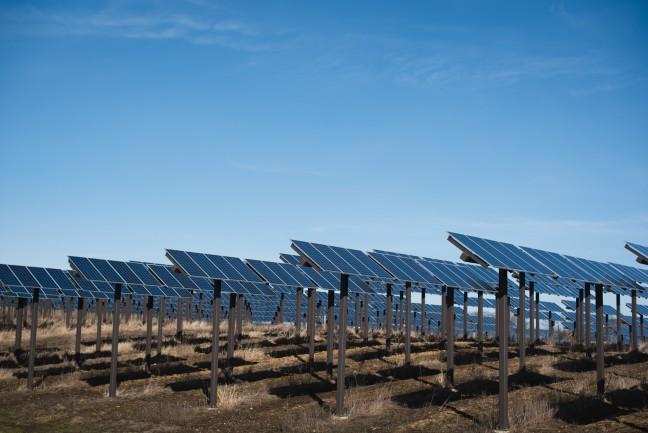Alliant Energy announced Tuesday it will be closing its last remaining coal plant in Wisconsin by the end of 2024.
Located in Columbia County, Alliant Energy will close a roughly 1,100-megawatt coal facility. This decision is the Madison-based energy company’s latest effort to eliminate coal from its power mix by 2040 and reduce its overall emissions by 50% from 2005 to 2030, according to Wisconsin Public Radio.
Associate Dean for Extension and Outreach and Professor of Biological Systems Engineering Doug Reinemann said in an email statement to The Badger Herald there are multiple reasons an energy company such as Alliant Energy might close their doors.
“There are several primary factors, [including] the cost of other energy sources, state and federal rules and regulations about energy production and consumer preference and motivation,” Reinemann said.
Reinemann said there does not appear to be any downsides to Alliant Energy’s decision.
The Wisconsin Public Radio report states this decision will even save ratepayers millions of dollars, as they will no longer be paying to keep the facility running.
Reinemann said solar and wind have become very competitive in price as well, which helped in this decision. Reinemann said Alliant Energy is not the only energy company working to follow a more sustainable path.
“The state’s largest utility (WEC) will also retire 1,800 megawatts of fossil fuel generation, as are many electric utilities around the country,” Reinemann said.
According to Wisconsin Public Radio, in 2019 Gov. Tony Evers set the goal to produce carbon-free electricity by 2050. This was in response to scientists’ alarming warnings in recent years that we must cut carbon emissions in order to avoid the worst possibilities involved in climate change.
Reinemann said while Wisconsin’s progress in aiding climate change efforts has leveled over the last few years, we appear to be getting back on track.
“Wisconsin has a tradition of being very progressive regarding energy conservation and renewable energy development,” Reinemann said. “This progressivism got stalled in the past ten or so years because of shifts in political winds. We are getting back on track to be national leaders.”


